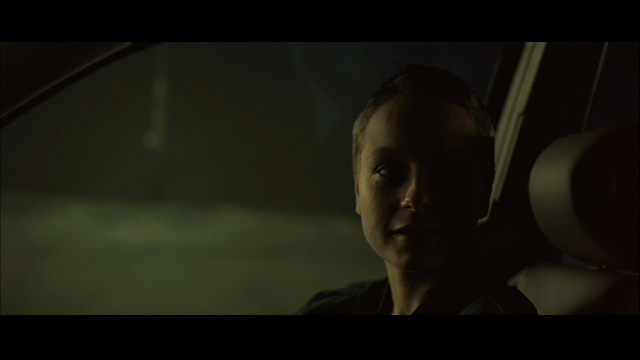Deşi, mai corect sau potrivit spus, ar fi laitmotive (termen inventat de Hans von Wolzogen, prieten al lui Richard Wagner) sau şi mai nimerit şi apropiat de esenţa lucrurilor, light motifs, fiind vorba, evident, de Terrence Malick.
Imagine din The Thin Red Line (1998)
Imagine capturată din trailerul oficial pentru The Tree of Life (2011)
Vă las vouă plăcerea de a merge mai departe pe firul ideii, mai ales celor care sunt cu temele făcute. Celorlalţi îmi permit să le fac o sugestie: încă mai puteţi vedea toate filmele lui Malick înainte de The Tree of Life. Mai ales că nu-s aşa multe, cineastul american (zic aşa doar pentru că trăieşte în America, în plan artistic el fiind un extraterestru la/pentru Hollywood) luându-şi libertatea de a-şi multiplica anii sabatici în nişte hălci de timp ce pentru alţi regizori, prolifici nevoie mare, înseamnă ani-lumină. Sau, în termeni ceva mai tranşanţi, ani-întuneric prin raportare la producţiile lor mediocre sau submediocre!






















